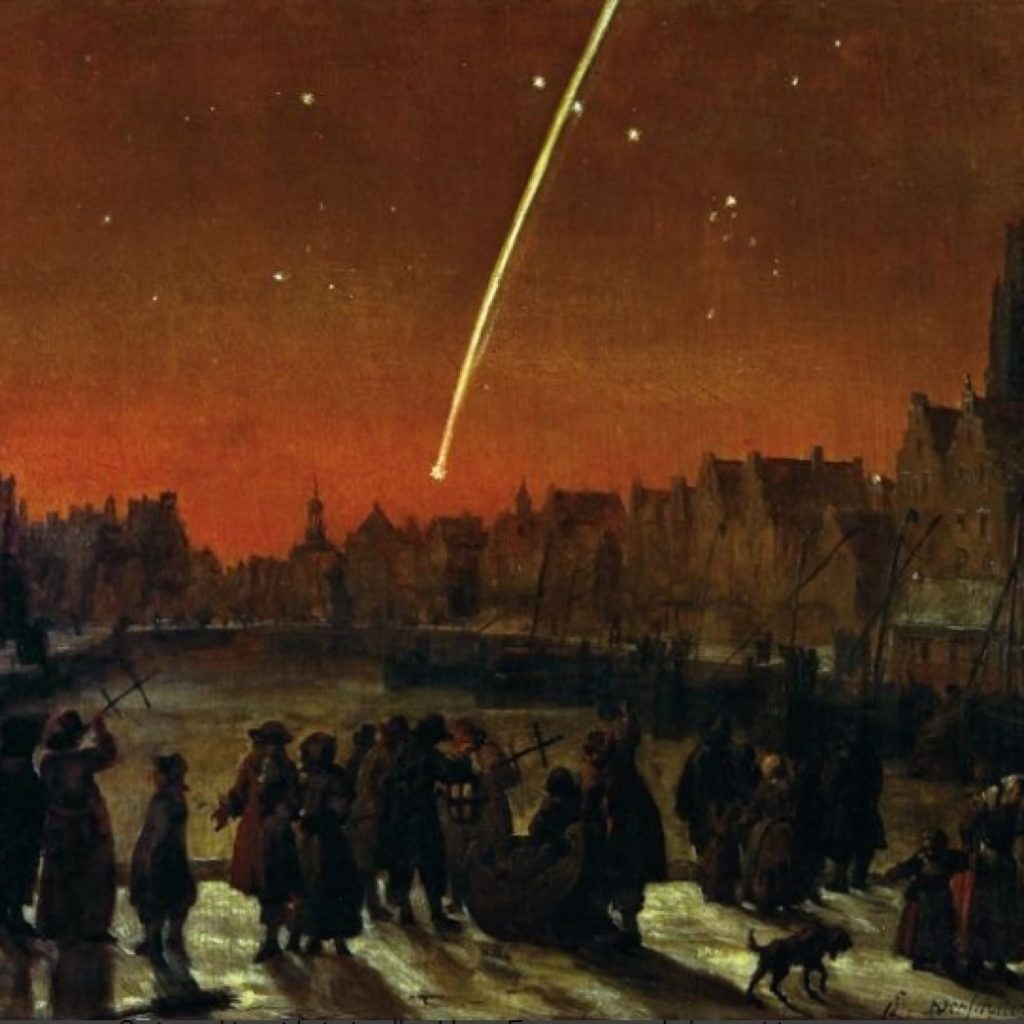Please note that this event has been postponed.
On Friday, 25 June, The Philosophical Café invites you to join us in the discussion ‘What is History of Knowledge?’ with Sven Dupré (Utrecht), at 6pm BST (UK), 7pm CET (Central Europe), 8pm EET (Eastern Europe), 1pm Eastern (US), 10am Pacific (US).
Sven will be discussing the framework of the History of Knowledge as well as the Journal of the History of Knowledge, where he is editor. The discussion will be hosted by Jo Hedesan and Dana Jalobeanu.
The event will take place via Zoom and will also be streamed live on YouTube at https://youtu.be/AEiev0JObrQ. A trailer will be available on our YouTube channel in the upcoming days, at https://www.youtube.com/c/Cafeneauafilosofica (to receive notifications from YouTube please subscribe to the channel).
If you want to join us via Zoom, please write for a link at cafeneauafilosofica@gmail.com.
For those of you who participated in our previous meetings, please note that it is the same link as before. If you plan to attend, please try to arrive 15-20 minutes before the meeting starts.
The Philosophical Café (Cafeneaua filosofica) is a weekly online discussion taking place on Zoom and YouTube. It is a component of the Philosophy after Dark framework, which is an invitation to dialogue, and an attempt to go beyond the format of traditional academic events, in search of new ways to bring philosophy to the general public. Join us in the debate!


